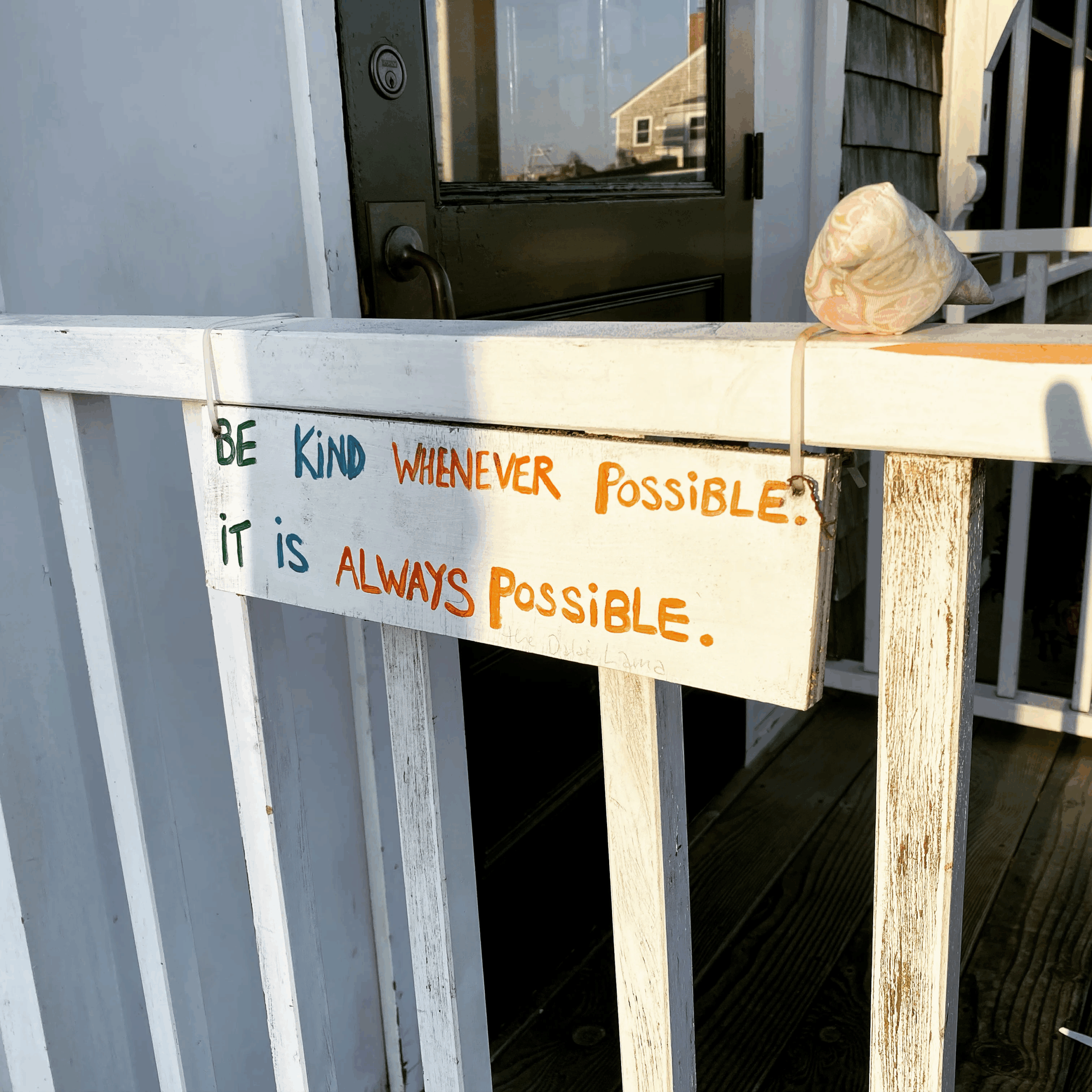Resource Details
Resource Format
Share:
Brothers and sisters, or siblings, are often key players for autistic adults and their caregivers, especially during transitional times. Research shows that autistic people who have siblings develop better social skills as well as a built-in resilience.
If an autistic person has more than one sibling, they are likely to have a different relationship with each. For example, some siblings may be able to provide strong emotional support, while others may be better at helping with, or taking on, decisions about finances and care. These roles can evolve across the lifespan, so it’s important that siblings try and maintain positive communication — not only with the autistic adult, but with one another.
Unique family dynamics
As in any family, sibling relationships change over time, but there can be unique challenges for both the autistic adult and their siblings during different stages of life. For example, older siblings might feel a sense of responsibility toward their autistic sibling and feel tentative about building a life outside the family unit. Younger siblings gain independence and develop skills and relationships that lead them to surpass their older, developmentally delayed autistic sibling. When this happens, autistic adults may struggle with feeling abandoned or jealous when a younger sibling moves out, gets married, or has children, while siblings in turn can feel guilty about becoming more independent.
Navigating sibling milestones
The goal for caregivers is to encourage the autistic adult to accept and adapt to the changes in routine and family structures, to ensure that siblings feel empowered to build independent lives while maintaining family connections. It’s productive to have conversations with the autistic adult about sibling life milestones in advance, to the extent that it’s possible. For example, when siblings prepare to leave home, caregivers can address:
how daily routines will change
when siblings will come home or when family will visit them
whether a sibling’s space or room will stay the same or be used for something else
ways siblings can communicate regularly (email, letter, video call).
Caregivers can help siblings by encouraging and supporting their life choices outside of the family home and communicating regularly about any changes in care, employment supports, and living arrangements with their autistic sibling. Keeping siblings informed about specific and general caregiver responsibilities gives them a chance to consider what role they may feel comfortable playing during their autistic sibling’s later years.
Resources for siblings
As attuned as caregivers can be to the needs of all of their children, parents who did not grow up with an autistic sibling can’t always empathize or understand the impact of autism on siblings. For most siblings, autism has punctuated their entire childhood. Siblings often benefit from talking with other siblings of autistic people or speaking with a therapist familiar with the dynamics of families touched by autism.
Because anxiety and depression are more common among siblings of autistic people, it’s important to assure that support and care are readily available. For families of people whose autism includes challenging behaviors, Autism Speaks has a guide for siblings and a Q&A that addresses some of those issues.
Sibling roles as caregivers age
Just as setting expectations and arranging for visits and regular contact is key when siblings first leave home, communication becomes increasingly important as caregivers and autistic adults get older. Family gatherings and holidays can be stressful for siblings if it is assumed they will replicate childhood rituals or vacation in the same place every year. Siblings can assist in skillfully introducing new activities alongside longtime family traditions, which serves to lighten the load on caregivers and prepare for transitions of care.
Another key consideration for siblings is how to plan for the time when parents, caregivers, or guardians can no longer provide care or support for the autistic adult. This is especially challenging when an autistic adult still lives at home. Siblings need to understand what caregivers do day-to-day long before this transition occurs, so that they are prepared to make decisions about care and support when the time comes.
Some things to consider:
How well do the siblings get along with their autistic sibling?
How do the neurotypical siblings get along with each other?
Have siblings been made aware of financial arrangements for their autistic sibling?
Are siblings prepared to advocate for the autistic adult?
Do siblings understand the medical needs of the autistic adult?
Caregivers can create opportunities to discuss and answer these questions and incorporate them into plans as they approach later transitions.
Learn more
AAHR article on Family Support and Wraparound Services
The Profound Autism Alliance has a Sibling Action Network
Autism Speaks: A Sibling’s Guide to Autism
Autism Speaks Q&A: Supporting Siblings of Autistic Children with Aggressive Behaviors
How to Bring Adult Siblings Into an Autistic Brother’s Life by Susan Senator in Psychology Today
The Sibling Support Project has resources and trainings for siblings of people with developmental disabilities
Autism Spectrum News on Adult Sibling Support
The Autism Science Foundation has a site with multiple resources for siblings, Sam’s Sibs Stick Together
Navigating Grief and Loss: A Guide for Siblings of people with IDD
Next steps: Starting the Conversation: Future Planning and Siblings of People with IDD.

Additional Resources
More information on topics that are top of mind for families.



Caregiver Guidance



